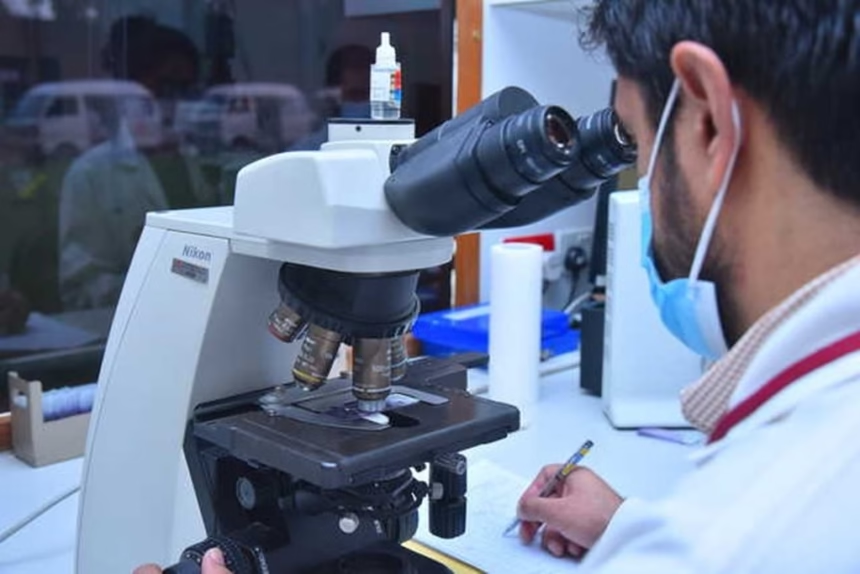KARACHI, Pakistan – Over two dozen scholars from the Aga Khan University (AKU) have been named among the World’s Top 2% Scientists List for 2024 by Stanford University. The list includes faculty members and alumni from Pakistan whose research continues to shape health, education, and other critical sectors in the developing world.
The annual list, considered one of the most respected global benchmarks, identifies leading researchers across a wide range of disciplines. These include health care services and delivery, education, climate science, economics, mental health, and the well-being of vulnerable groups such as women and children.
Rankings are based on standardized citation data from Elsevier’s Scopus database, which assesses the influence of scientists through academic citations and the quality of the peer-reviewed journals where their work appears.
From Pakistan, over 20 esteemed individuals from AKU feature on this year’s list. Among them are Dr Zulfiqar A. Bhutta, Dr Salim S. Virani, Dr Romaina Iqbal, and Dr Jai Kumar Das; scholars whose work has made a lasting impact on the quality of life for the people in Pakistan and abroad.

Many hold leadership positions at various national and international agencies and represent the multitude of scholars at AKU who are contributing at the highest level internationally. Collectively, AKU’s research has influenced 5,347 policy documents in 25 countries, including the WHO, World Bank, Food and Agriculture Organisation, and UNICEF.
Their work has advanced standards of care, strengthened evidence-based policymaking, and inspired generations of professionals dedicated to serving their communities and pushing the boundaries of health, education, and research.
“These rankings reflect not only the incredible talent housed within AKU but also the University’s steadfast dedication to fostering an environment of excellence,” said Dr Salim S. Virani, Vice Provost, Research, and Professor of Medicine, at AKU.
“We have consistently invested in state-of-the-art research facilities and fostered collaborations with world-leading institutions to encourage the pursuit of quality and innovation in our research.”
The recognition also highlights Pakistan’s growing presence in global research and the calibre of scientists the country continues to produce through research-led institutions like AKU.
By appearing in such global rankings, AKU strengthens its ability to attract collaborations, funding, and top talent, all of which help fulfil its mission of advancing education, health, and development in Pakistan and the developing world.














